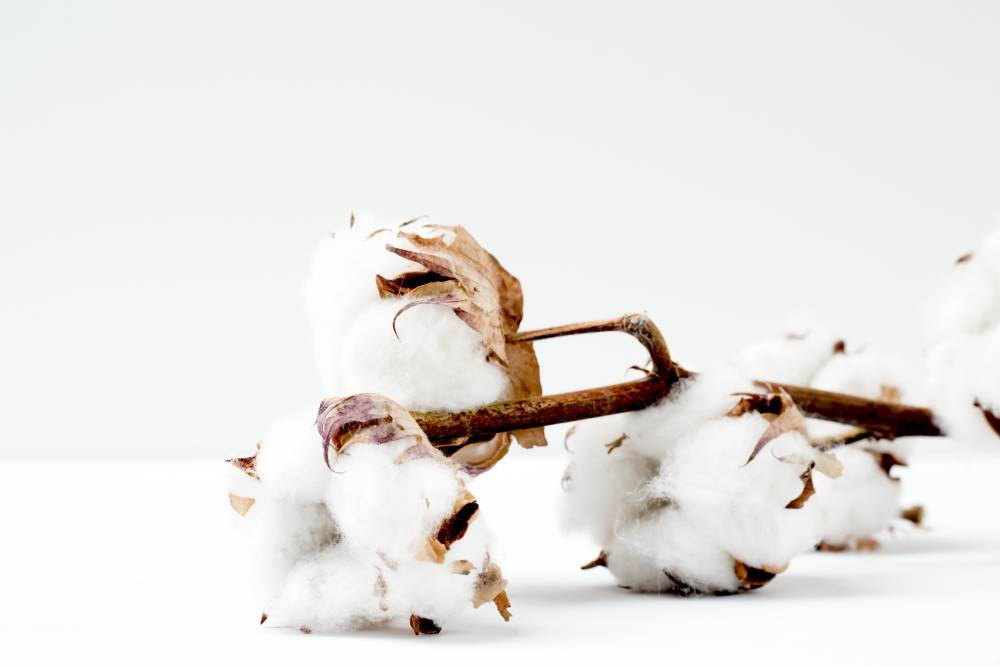
The Cotton Council International (CCI) just joined the Sustainable Apparel Coalition (SAC) to work on improving sustainability in the fashion world.
The CCI is part of the National Cotton Council of America (NCC). It's a non-profit trade association that promotes cotton fiber and manufactured cotton products from the United States around the world. With it's registered trademark COTTON USA, the CCI works with the USDA, spinning mills, brands, retailers, textile associations, governments, fabric, and garment manufacturers.
The SAC is the apparel, footwear, and textile industry’s leading alliance for sustainable production. With more than 250 members such as brands, retailers, suppliers, NGOs, and governments, it works to resolve damaging practices, and achieve the environmental and social transparency consumers are demanding.
It's easy to understand why sustainable fashion is one of the most pressing issues of our time by looking at the disastrous social and environmental impact of the fashion industry.
The textile and apparel industry is one of the largest polluters globally. The overproduction and overconsumption of cheaply made clothing create massive amounts of pollution, carbon emissions, and waste every year.
Clothing and other textile wastes are piling up in landfills at an alarming rate. The average American throws away 70 pounds of clothes and other textiles each year. More than 16.9 million tons of used textile waste is generated every year in the United States. More than 80% of all textile wastes end up in landfills to decompose or be incinerated globally.
The global textile, apparel, and footwear industries are responsible for 8% of all greenhouse gas emissions every year (1.2 billion tons in 2017). That number will grow more than 50% by 2030 if the trend continues.
“We are pleased to be joining the SAC, confident that together we can scale positive impact on product sustainability over time. With shared ambition in providing robust environmental data to the sector, we will collaborate to enable greater supply chain transparency and informed decision making.”
- Stephanie Thiers-Ratcliffe, CCI Director of European Brands and Retailers
“We welcome the addition of CCI to the Sustainable Apparel Coalition and look forward to its participation in this industry-wide effort in sustainability. Having CCI as part of the Coalition widens the scope of our impact within the industry and accelerates the change we’re making towards responsible industry actions.”
- Amina Razvi, SAC Executive Director

The CCI plans to use the SAC's suite of tools, the Higg Index, to lower its environmental and social impact in its supply chain. The cotton industry still needs a lot of improvement in sustainability.
The Higg Index helps organizations accurately measure and score their product’s sustainability performance to make meaningful improvements that protect the environment, local communities, and factory workers.
Regular cotton farming has a disastrous impact on the environment and ecosystems. It destroys biodiversity and soil fertility while endangering human health and wildlife with toxic fertilizers, pesticides, herbicides, and insecticides.
Read up my article on the case for organic cotton to learn more about the social and environmental benefits of organic farming compared to conventional cotton.
Luckily, the cotton industry is in constant improvement. We are on the verge of a global social and environmental crisis. Companies and organizations must continue to take massive action to reduce carbon emissions, pollution, and waste.
Was this article helpful to you? Please tell us what you liked or didn't like in the comments below.
About the Author: Alex Assoune
What We're Up Against
Multinational corporations overproducing cheap products in the poorest countries.
Huge factories with sweatshop-like conditions underpaying workers.
Media conglomerates promoting unethical, unsustainable products.
Bad actors encouraging overconsumption through oblivious behavior.
- - - -
Thankfully, we've got our supporters, including you.
Panaprium is funded by readers like you who want to join us in our mission to make the world entirely sustainable.
If you can, please support us on a monthly basis. It takes less than a minute to set up, and you will be making a big impact every single month. Thank you.























0 comments